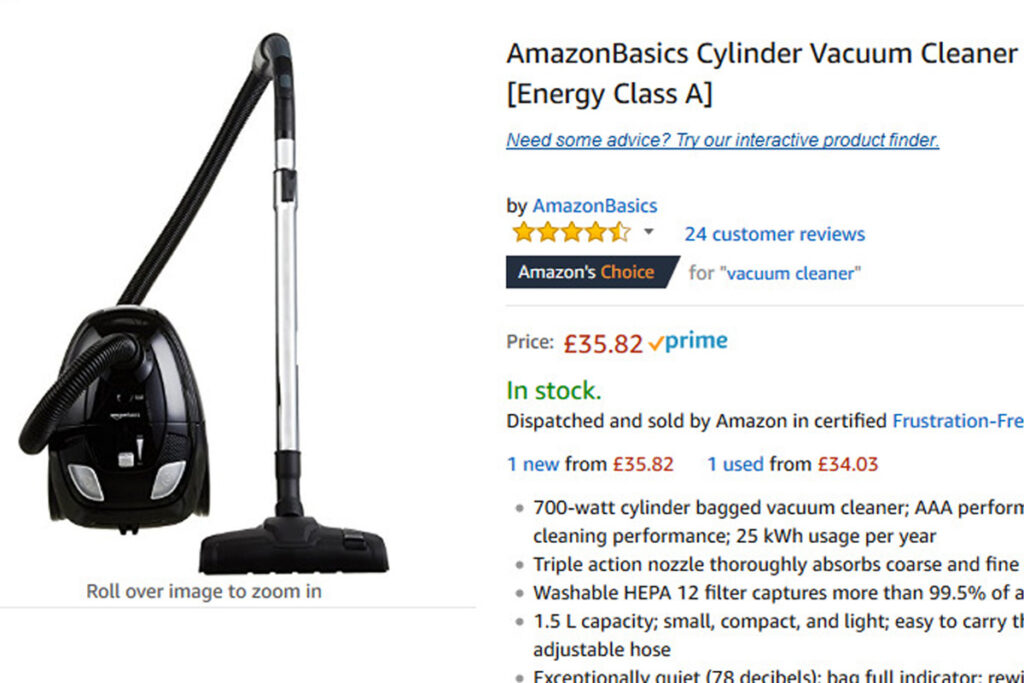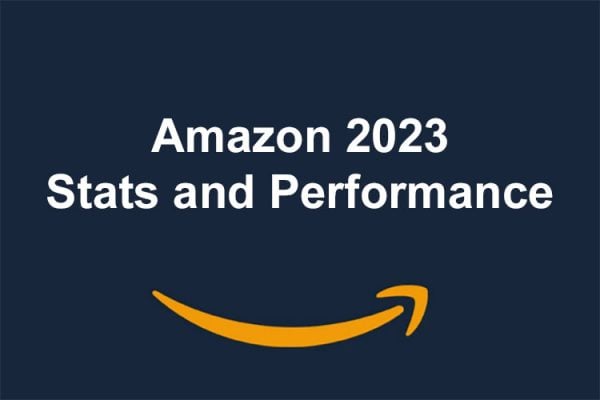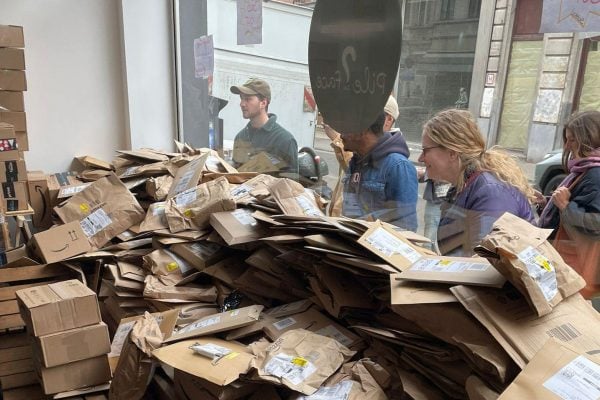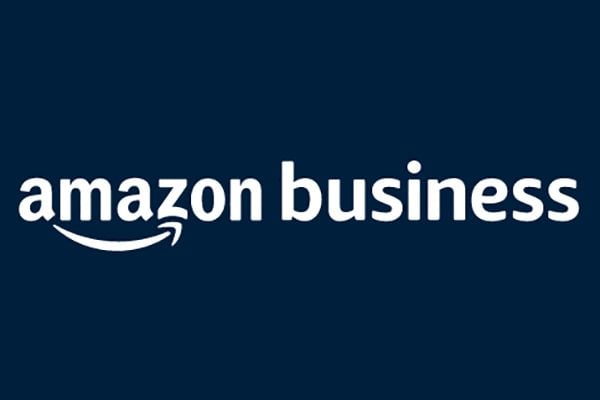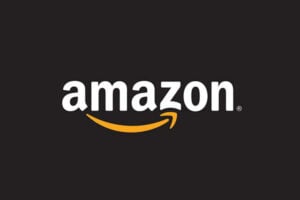 At last year’s Catalyst Europe 2017 Conference, ChannelAdvisor CEO David Spitz made five predictions for the future of Amazon and ecommerce. This week marks the first anniversary of his predictions so each day we’ll examine one prediction and see if it’s holding true. Today we look at Private label products.
At last year’s Catalyst Europe 2017 Conference, ChannelAdvisor CEO David Spitz made five predictions for the future of Amazon and ecommerce. This week marks the first anniversary of his predictions so each day we’ll examine one prediction and see if it’s holding true. Today we look at Private label products.
If you’ve missed the other articles in this series they are:
1. The future of Amazon and Ecommerce: Growth
2. The future of Amazon and Ecommerce: China-sourced products
4. The future of Amazon and Ecommerce: Amazon Logistics
5. The future of Amazon and Ecommerce: Ad spend on Amazon
3. 20% of Amazon’s sales volume will be from Amazon private label products
Amazon are best known as a marketplace but first and foremost they are a retailer. What’s not quite so well known is that they are also a pseudo-manufacturer with multiple product lines of their own under Private Label brands.
A private label is a brand owned by a retailer but generally manufactured by a third party. By commissioning the manufacture, the retailer has full control over the design and quality of the private label and it will only be available for purchase from that retailer.
Many retailers have private labels and Amazon is no exception. The advantages of private labels is that they are low priced and generally attract better prices and generally give the retailer higher margins – the retailer is cutting out the middle men and margins which each company in the supply chain add on.
Amazon are obsessed with the customer and their entire mantra is to start with the customer and work backwards. They view cost in the supply chain as undesirable and so launching their own private labels is a natural step. If you’ve ever had a top selling product on Amazon just to discover that Amazon brings out a private label equivalent then you’ll have experienced their strategy.
“We do not comment on speculation around what we may or may not do in the future. However, we are a customer-centric company and our goal is to provide the widest selection to the maximum number of customers. We will therefore continue to evaluate any need gaps in selection that may be served by launching specific products in that category to help achieve this goal of widest selection.”
– Amazon spokesperson
One of Amazon’s best known private labels is AmazonBasics. Launched in 2009, AmazonBasics was originally a private label for collection of consumer electronic products but the range has expanded to over 1,500 products including fashion, home, travel, music and even pet accessories. That’s just one of Amazon’s private labels.
Amazon have more than 70 private labels each of which is an entire product line in it’s own right. AmazonBasics is just one of these although it appears to be the most successful to date.
Amazon’s strategy of inserting themselves into the supply chain, cutting out costs and adding value will continue and their private label programme is perhaps the most alarming for online merchants. Competing against fellow merchants is fair game. Everyone that signs up to Amazon already knows that they are competing against Amazon the retailer. Competing against Amazon the manufacturer of private label brands is potentially the more concerning as they’ll be going to the same manufacturers as you, have bigger negotiating power and have the ability to promote their own private labels especially to the all important Prime subscriber base. Watch out for Amazon also using tags such as “Amazon’s choice” to further promote their private labels.
Merchants will need to consider that in the future they will likely be competing against Amazon and there are only two strategies that long term will be viable. One is to manufacture your own products and pit your private labels against Amazons. The other strategy is to accept that as a merchant you are a trader and that means being constantly nimble, being ahead of the curve to launch new product lines and have a willingness to drop product lines as they either go out of fashion or new competition (quite likely an Amazon private label) makes them no longer economically viable.
Read about David’s fourth prediction here.
